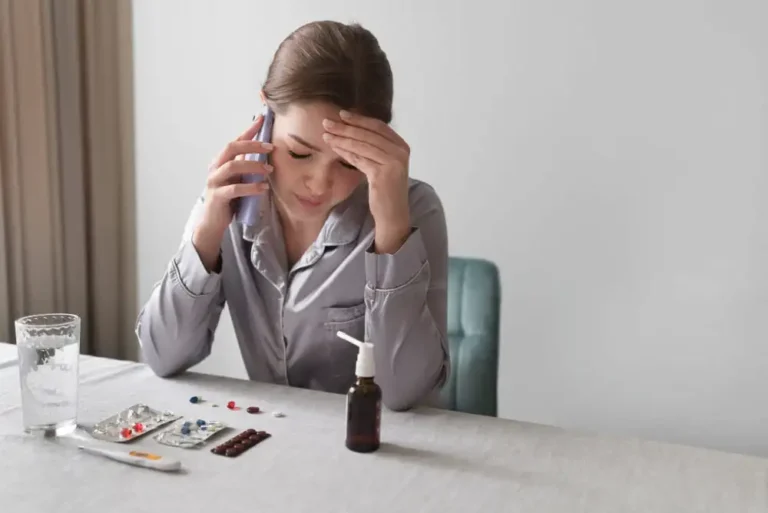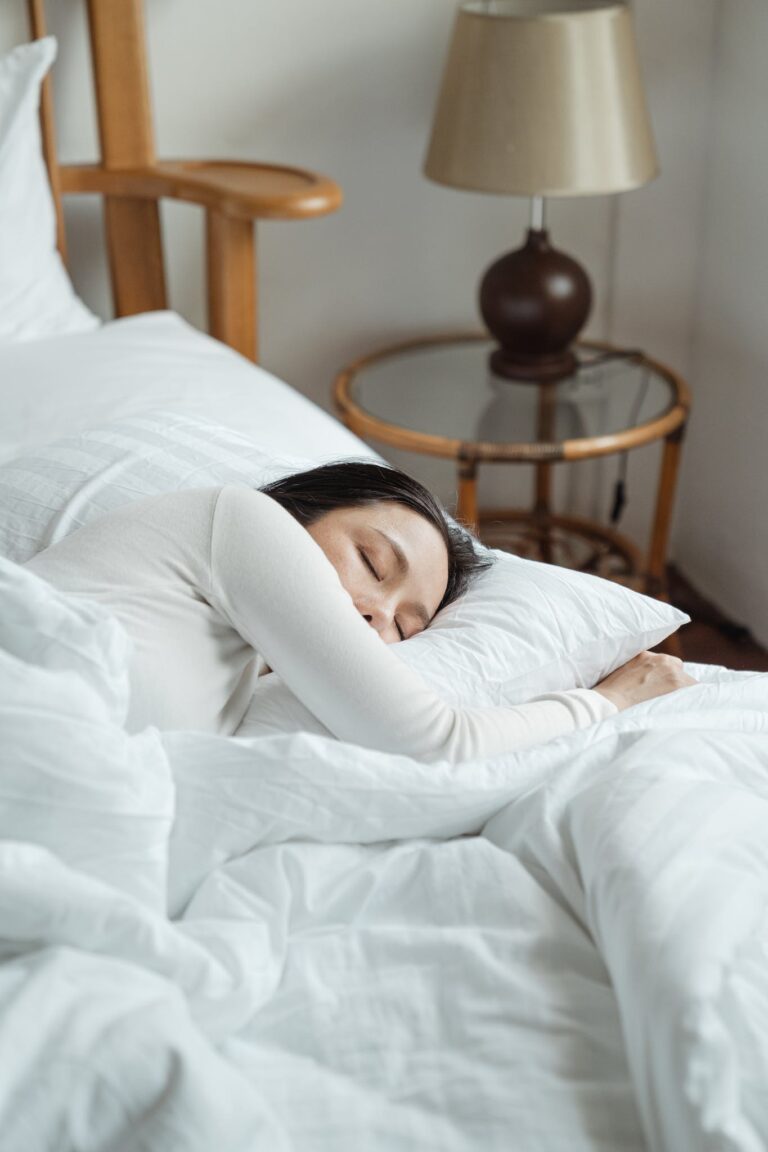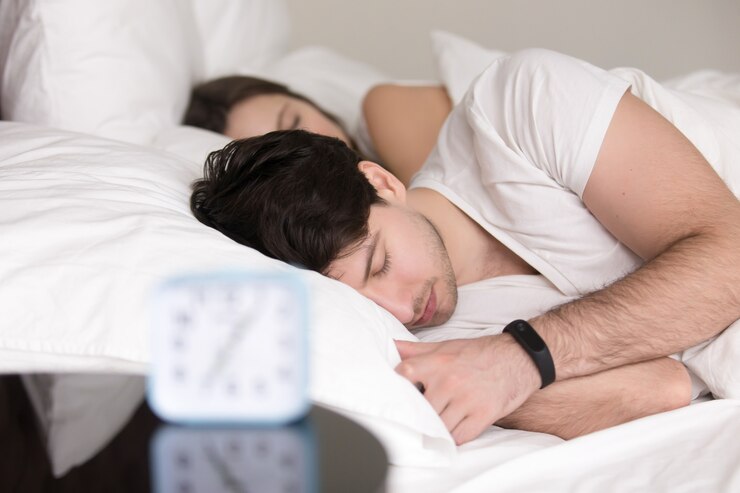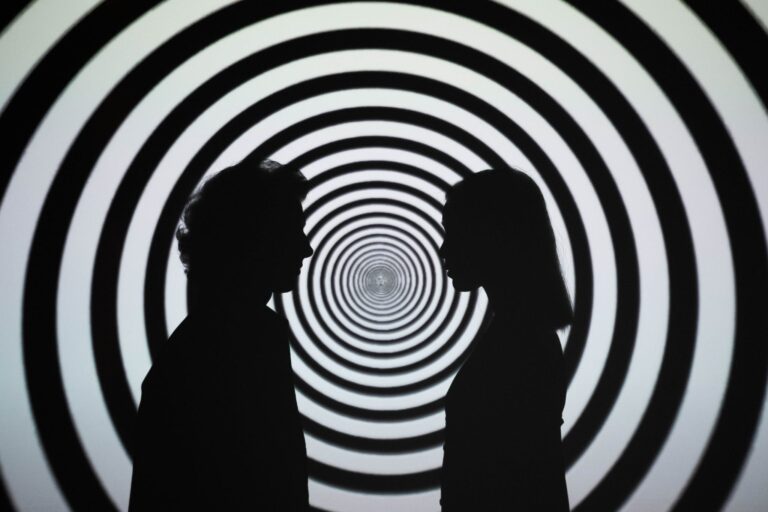How to Overcome Anxiety and Sleep Soundly Every Night
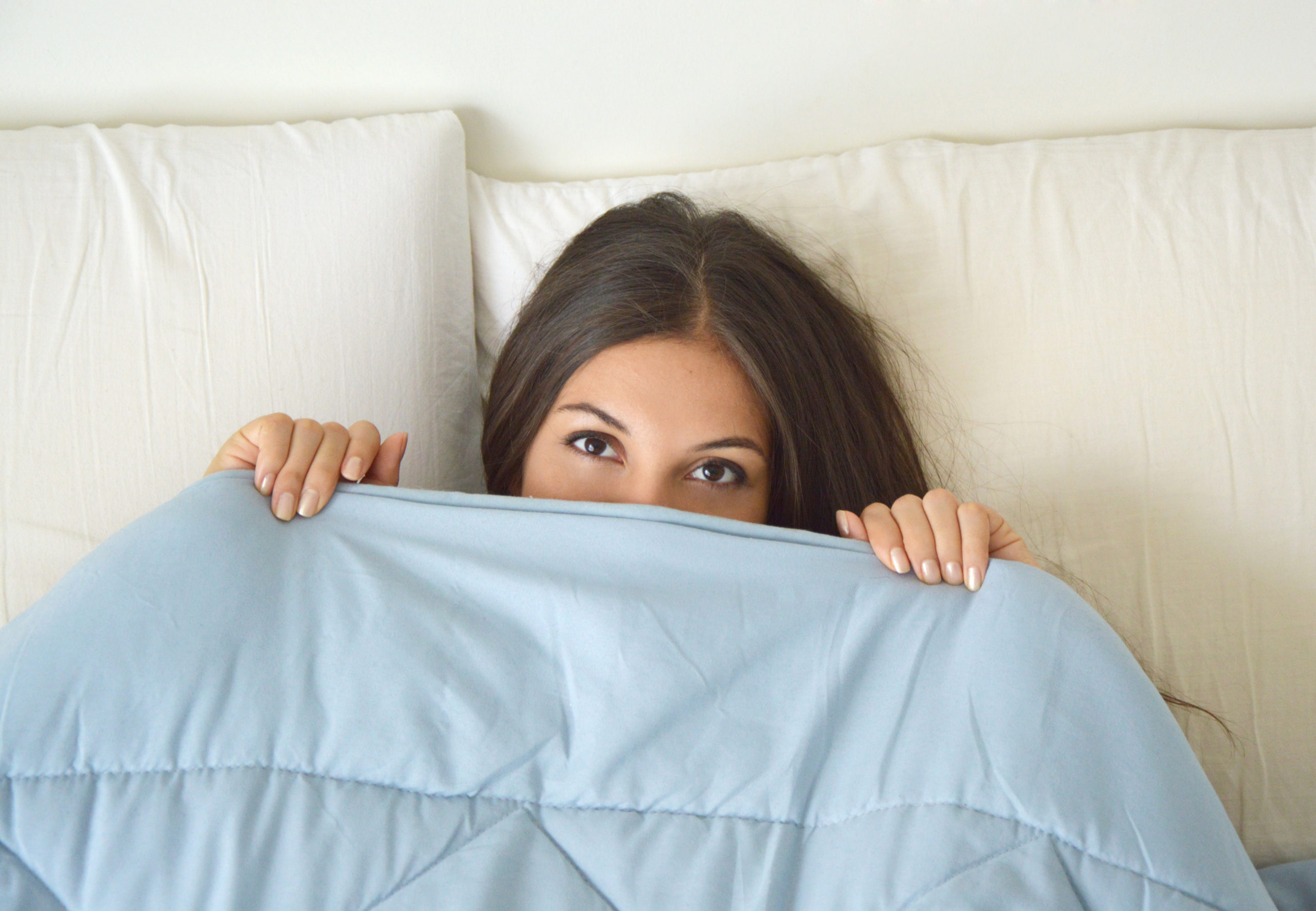
Managing Daily Stress: Discover effective strategies for managing daily stressors that can contribute to anxiety and disrupt your sleep patterns.

High levels of daily stress can have a significant impact on both our mental and physical well-being. When we experience stress, our bodies release cortisol, a stress hormone that can disrupt our sleep patterns and contribute to feelings of anxiety. It is important to find effective strategies for managing daily stressors to help minimize these negative effects.
One effective strategy for managing daily stress is to prioritize self-care. Taking time for yourself each day, whether it be through engaging in a hobby, practicing mindfulness or relaxation techniques, or simply enjoying a quiet moment to yourself, can help reduce stress levels. Additionally, making sure you are getting enough sleep, eating a balanced diet, and engaging in regular physical activity can also play a significant role in managing daily stress. These habits can help to keep your body and mind strong and resilient in the face of stressors.
Another important strategy is to establish healthy boundaries and learn to say no when necessary. Many of us have a tendency to take on more responsibilities than we can handle, which can lead to feelings of overwhelm and increased stress levels. By setting realistic expectations for yourself and learning to prioritize your own well-being, you can reduce the likelihood of becoming overwhelmed by daily stressors. It is important to remember that it is okay to take care of yourself and say no when you need to.
Incorporating Regular Exercise into Your Routine: Understand the role of regular exercise in reducing anxiety and improving sleep quality.
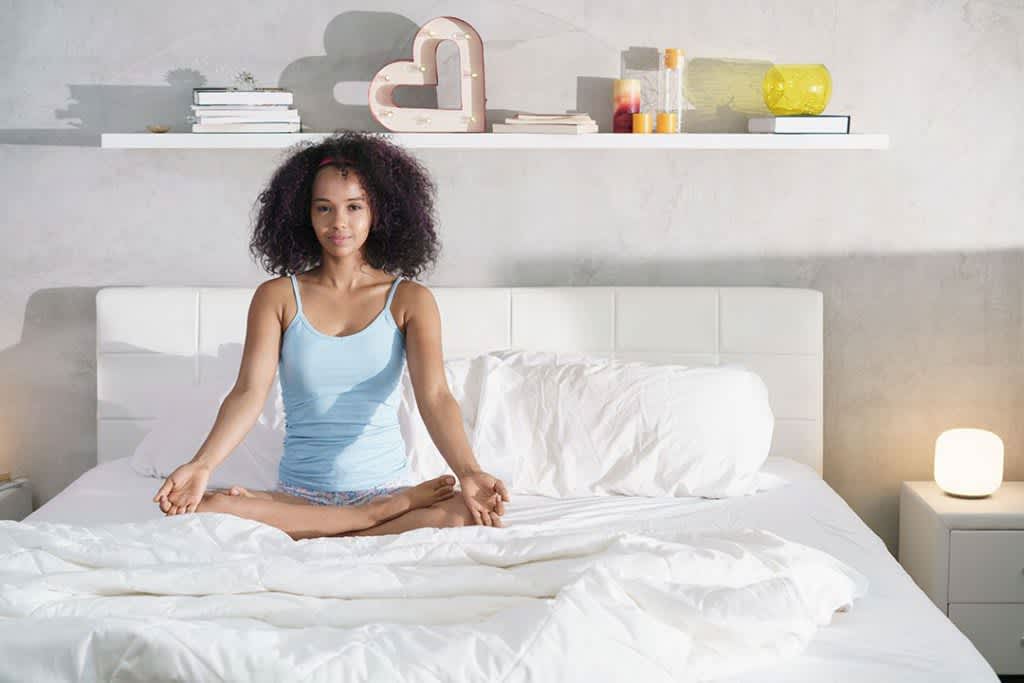
Regular exercise is not only important for maintaining physical health but also for managing daily stress and improving sleep quality. When we engage in exercise, our bodies release endorphins, which are natural mood elevators. These endorphins help reduce anxiety and boost our overall sense of well-being. Additionally, regular exercise can promote better sleep by helping to regulate our internal body clock, also known as the circadian rhythm. A study published in the Journal of Sleep Research found that individuals who engaged in moderate-intensity exercise on a regular basis experienced better sleep quality compared to those who led a sedentary lifestyle.
Exercise also has the ability to tire us out physically, making it easier to fall asleep and stay asleep throughout the night. When we exert ourselves through physical activity, our bodies feel more tired and ready to rest, which can be particularly beneficial for individuals who struggle with insomnia or have difficulty winding down at the end of the day. Moreover, exercise has been shown to reduce the symptoms of sleep disorders such as sleep apnea, enhancing the overall quality of sleep and allowing individuals to wake up feeling refreshed and energized.
Incorporating regular exercise into our daily routines may seem challenging initially, but even small changes can make a significant difference. Engaging in activities such as walking, jogging, swimming, or cycling for at least 30 minutes a day can have a positive impact on both our mental and physical well-being. It is recommended to find a form of exercise that you enjoy and that suits your lifestyle, as this will increase the likelihood of making exercise a regular habit. Remember, consistency is key when it comes to reaping the full benefits of exercise. So, make an effort to prioritize physical activity and witness how it contributes to reducing anxiety and improving sleep quality.
Limiting Stimulants and Electronics Before Bed: Explore the negative impact of stimulants and electronic devices on sleep, and learn how to minimize their use before bedtime.
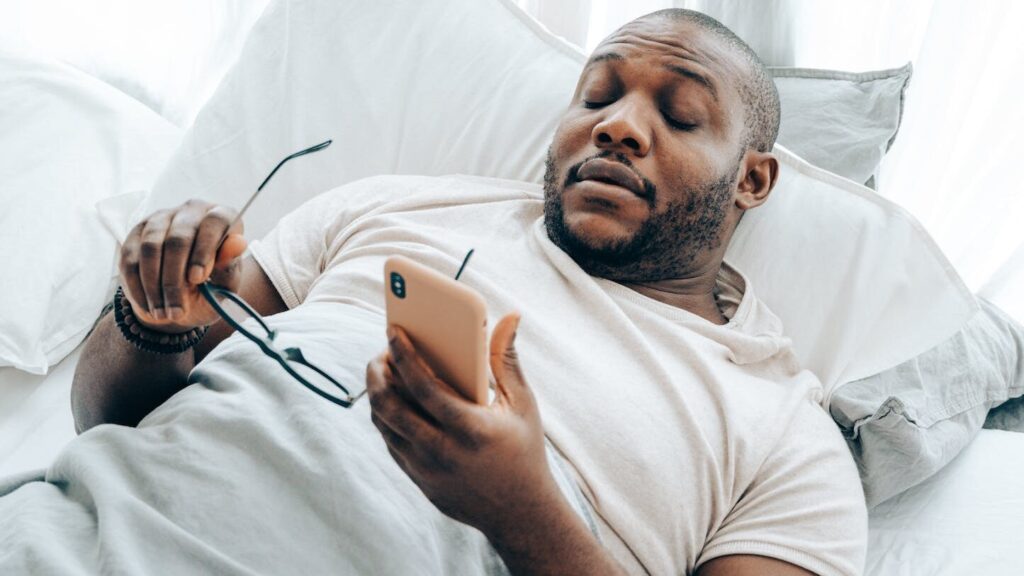
The use of stimulants and electronic devices before bed can have a profound impact on the quality of sleep. Stimulants such as caffeine and nicotine can disrupt the natural sleep-wake cycle by stimulating the brain and delaying the onset of sleep. Research has shown that even consuming caffeine earlier in the day can lead to poorer sleep quality and shorter sleep duration.
Electronic devices, such as smartphones and tablets, emit blue light that can interfere with the production of melatonin, a hormone that regulates sleep. This blue light can trick the brain into thinking it’s still daytime, leading to difficulty falling asleep and reducing the overall quality of sleep. The constant exposure to the screens can also be mentally stimulating, making it harder to unwind and relax before bed.
To minimize the negative impact of stimulants and electronic devices before bed, it is important to be mindful of their consumption and usage. Limiting caffeine intake, especially in the afternoon and evening, can help promote better sleep. Instead, opt for non-caffeinated beverages like herbal tea. Additionally, creating a technology-free zone for at least an hour before bed can allow the brain to wind down and prepare for sleep. This can involve engaging in other relaxing activities such as reading a book, practicing meditation or gentle stretching exercises.
Trying Relaxation Techniques: Discover various relaxation techniques, such as deep breathing exercises and progressive muscle relaxation,
Deep breathing exercises and progressive muscle relaxation are two effective techniques for reducing stress and promoting relaxation. Deep breathing exercises involve taking slow, deep breaths in through the nose and exhaling slowly through the mouth. This technique can help calm the mind and body by increasing oxygen flow and reducing the heart rate.
Progressive muscle relaxation, on the other hand, involves tensing and then relaxing different muscle groups in the body. By systematically tensing and releasing muscle groups, this technique helps to release physical tension and promote a sense of relaxation. It can be particularly beneficial for individuals who carry tension in specific areas of their body, such as the shoulders or jaw.
Both deep breathing exercises and progressive muscle relaxation can easily be incorporated into your daily routine to help manage stress and promote relaxation. Taking just a few minutes each day to practice these techniques can have a positive impact on your overall well-being. It’s important to find a quiet and comfortable space where you can focus on your breath and body. Over time, with regular practice, you may find that these techniques become automatic responses to stress, allowing you to better cope with daily pressures.
Here is an extensive table of relaxation techniques that you can try:
| Relaxation Technique | Description | Benefits |
|---|---|---|
| Deep breathing exercises | Inhale deeply through your nose, filling your lungs with air. Hold your breath for a few seconds, then exhale slowly through your mouth. Repeat this process several times. | – Reduces anxiety and stress 1234 – Lowers blood pressure 1234 – Improves digestion 1234 |
| Progressive muscle relaxation | Tense a group of muscles as you inhale, then relax them as you exhale. Move from one muscle group to another until you have tensed and relaxed all the major muscle groups in your body. | – Reduces anxiety and stress 1234 – Lowers blood pressure 1234 – Improves sleep quality 1234 |
| Visualization | Close your eyes and imagine yourself in a peaceful, calming environment. Focus on the details of the scene, such as the colors, sounds, and smells. | – Reduces anxiety and stress 1234 – Improves mood 1234 – Enhances creativity 1234 |
| Tai chi | A gentle form of martial arts that involves slow, flowing movements. Tai chi can help improve balance, flexibility, and strength. | – Reduces anxiety and depression 1234 – Improves balance and flexibility 1234 – Enhances cognitive function 1234 |
| Yoga | A mind-body practice that combines physical postures, breathing techniques, and meditation or relaxation. Yoga can help reduce stress, anxiety, and depression. | – Reduces anxiety and depression 1234 – Improves flexibility and balance 1234 – Enhances cognitive function 1234 |
| Massage | A hands-on therapy that involves rubbing and manipulating the muscles and soft tissues of the body. Massage can help reduce muscle tension, pain, and stress. | – Reduces anxiety and depression 1234 – Lowers blood pressure 1234 – Improves sleep quality 1234 |
| Meditation | A practice that involves focusing your attention on a particular object, thought, or activity to achieve a state of mental clarity and calmness. Meditation can help reduce stress, anxiety, and depression. | – Reduces anxiety and depression 1234 – Improves sleep quality 1234 – Enhances cognitive function 1234 |
What are some effective strategies for managing daily stress?
Some effective strategies for managing daily stress include practicing relaxation techniques, engaging in regular exercise, and limiting the use of stimulants and electronics before bed.
How does regular exercise help in reducing anxiety and improving sleep quality?
Regular exercise helps reduce anxiety by releasing endorphins, which act as natural mood lifters. It also promotes better sleep by increasing the amount of deep sleep you get each night.
What is the negative impact of stimulants and electronic devices on sleep?
Stimulants like caffeine and nicotine can disrupt sleep patterns and make it difficult to fall asleep. Electronic devices emit blue light, which suppresses the production of melatonin, a hormone that regulates sleep.
How can I minimize the use of stimulants and electronics before bedtime?
To minimize the use of stimulants, avoid consuming caffeine or nicotine at least a few hours before bed. To reduce the impact of electronic devices, establish a regular bedtime routine that does not involve screens, and dim the lights in your bedroom to promote melatonin production.
What are some relaxation techniques to try for better relaxation?
Some relaxation techniques you can try include deep breathing exercises, progressive muscle relaxation, guided imagery, and mindfulness meditation. These techniques help calm the mind and relax the body.

